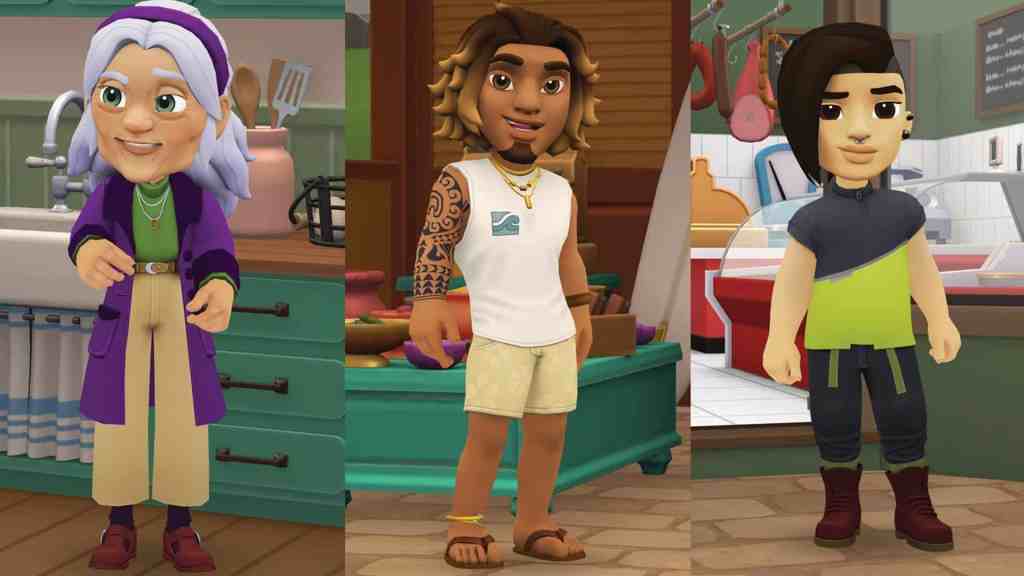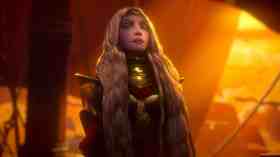In recent years, the debate regarding accurate and authentic representation has dominated stage and screen casting. ‘Colourblind casting’ was the first solution offered, whereby productions cast actors irrespective of ethnicity. This approach soon included gender and sexual identity, with the aim being to open every role to all.
Shortly after, ‘colour-conscious casting’ and its equivalents were put forward. An advancement on colourblind casting, this movement sought to recognise the profound importance of honouring diverse stories and characters.
While these industries are still to settle on the best practice to adopt, the conversation itself has been crucial. Unfortunately however, the voice over world has come somewhat late to the party – which is surprising, given many would assume this to be the most inclusive medium. After all, voice actors are just as frequently playing animals or inanimate objects as they are playing humans.
Perhaps the first major sign of the changing tide came in January 2020, when Hank Azaria announced he would be stepping down from voicing Indian shopkeeper Apu in The Simpsons. Six months later, Jenny Slate (Missy in Big Mouth), Kristen Bell (Molly in Central Park), and Mike Henry (Cleveland in The Cleveland Show) – amongst others – followed suit.
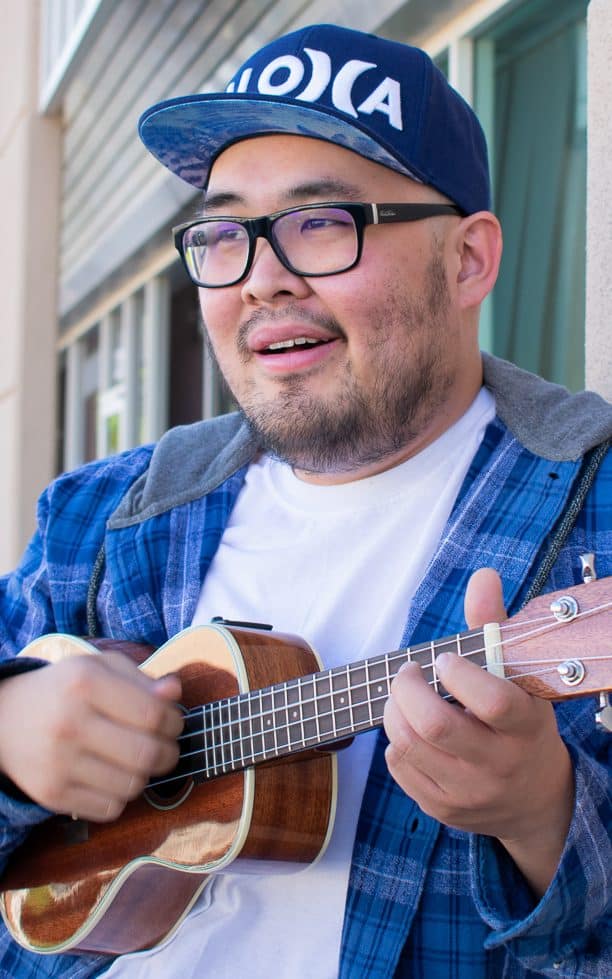
This timing was matched in the video game realm. Hawaiian actor Brent Mukai, famous for roles in Ratchet and Clank: Rift Apart and Genshin Impact, attests to this. ‘I landed my agent in the middle of 2020. At that point, many [production companies] were already very focused on authentic casting, and I haven’t seen a lot of deviation from that equation,’ he recently told GamesHub. In 2022, Mukai voiced the role of Kai Hoapii in the Australian-developed game Wylde Flowers, from Studio Drydock.
Across the pond, award-winning British actress Ally Murphy agreed. ‘I’ve [since] seen more calls for people from the trans community, and non-binary people, too. It’s so good to know that these stories are being written and that the characters are being portrayed by actors who can bring their own stories to the roles’. Murphy recently voiced characters in games such as Unavowed, Bendy and the Dark Revival, and Somerville.
Martin Vaughan, Head of Casting at the behemoth SIDE Global, spoke to this from the figurative other side of the table. ‘It used to be extremely rare that lead characters strayed from a certain type, which was usually white and male,’ he said. ‘Diversity was usually broader and less nuanced in its representation too, and while those elements haven’t completely gone away, it’s encouraging that a lot of developers want to do something different.’
For Mukai’s part, he’s ‘very grateful’ for this slow but steady shift. ‘Growing up, I didn’t see a lot of people who looked like me, or came from experiences I could relate to in mainstream media, so to get this opportunity now is incredible,’ he said.
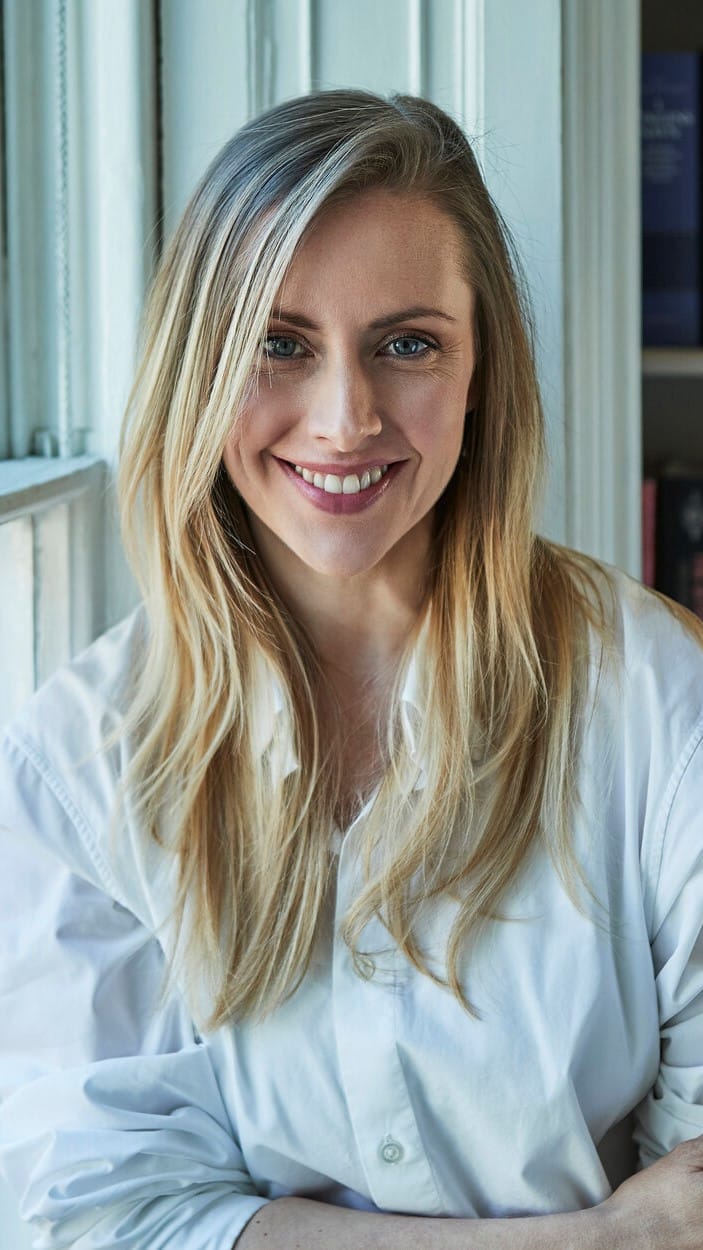
Murphy, however, noted that speedbumps still exist. ‘I had the unfortunate experience earlier this year when I had to turn down the role once I discovered the character was going to be African American. It was the day before recording started, and I was so gutted, as the role was a dream, but I couldn’t take that opportunity away from someone who represented the character more than [me].’
Similarly, Vaughan isn’t oblivious to the inevitable growing pains. ‘It’s always exciting to be casting roles within a talent pool that may not have been represented or not represented on a large scale in a game before,’ he said. ‘[But] it can sometimes mean that these pools are smaller due to such talent not receiving the same opportunities for experience as others. This can be a challenge, but hopefully will become less so, as diverse characters appear with greater frequency.’
When asked to reflect on how the voice over industry is tracking in relation to stage and screen, Vaughan said, ‘Progress is happening. I think it’s been slower in comparison to the developments in casting for stage and screen, as the conversations around games – and in particular how they are cast – is relatively new … [So] despite progress, I think it’s essential to keep moving forward, both in terms of visibility and how certain groups are portrayed. Games can have such big, expansive worlds that have a great range of characters, but it still feels like there needs to be more representation in leading roles.’
Murphy shares this view. ‘With a voice, it can be very hard to tell what the actor looks like. But it’s still so important, especially when telling the stories of underrepresented people … I think there are still a lot of people with the opinion that an actor’s job is to play any role, regardless of their race, gender, or sexual orientation. However, it’s not just about whether they “could” play it,’ she said.
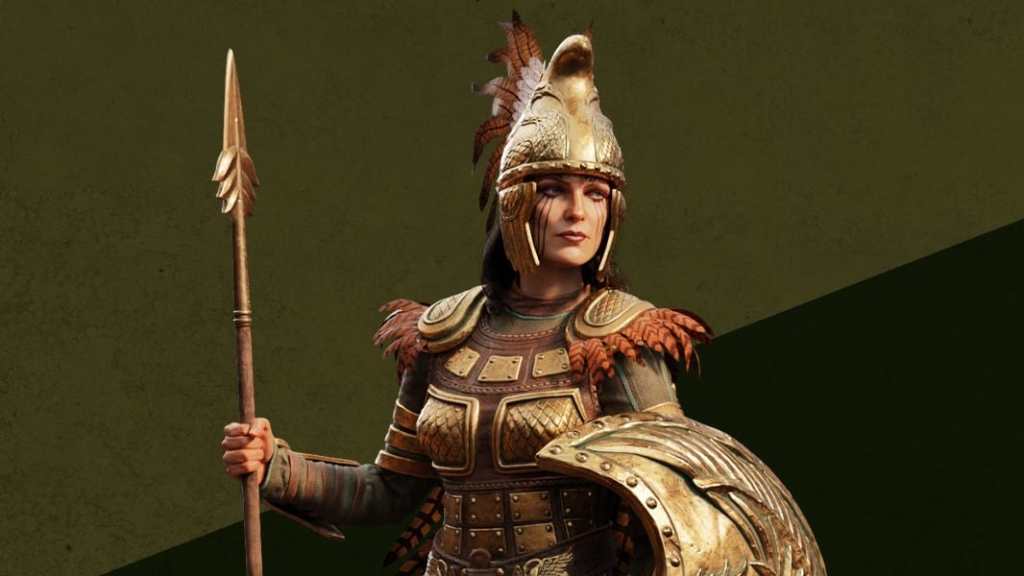
Mukai expressed similar beliefs, as did Vaughan.
‘I think there’s always more to be done,’ Mukai said. ‘As for what that looks like, I don’t honestly know. I think right now, the seeds are being planted for more diverse voices to be heard in an unprecedented way. One would hope that with time, those seeds will grow, and more diversity will become a part of the infrastructure of the entertainment industry. The acting side is one thing, but having more voices in producing, writing, directing, etc. is what will be ultimately required.’
‘It’s important to recognise that decisions about a main character’s background are often made before the casting process even begins, and this can often inhibit flexibility,’ Vaughan said. ‘I try to be the voice that asks the question of whether the character has to be cast the way they’re written or if there’s a more diverse choice.’
This two-way dialogue is key. As with the advancements made in the stage and screen mediums, sustainable change requires the creators, casting directors, and actors to be on the same team. Any sense of ‘us vs. them’, and true success remains elusive.
Read: How to get into video game voice over acting
As Vaughan explained, ‘[we] both want and expect to see and hear ourselves reflected authentically in the media we consume, and games are no exception. The fans of games can be so loyal, especially when they feel like they’ve been seen and heard’.
The incentive – for all parties – is clearly there.
On that note, Mukai offered a ‘thank you’ to those already flying the flag. ‘If you are a person from a diverse culture making a project, telling your story, that then allows other diverse artists to relate and contribute to your visions. You are helping a lot of us in the community out. You are giving us a wealth of opportunity. And if you are not a POC, but strive for thinking outside the box in casting, or making conscious choices to add diverse characters of different cultural backgrounds into your stories, then thank you as well’.
For game developers looking to promote diverse narratives, Murphy recommended utilising the PGM Voice Over List – an online database of underprivileged, underrepresented, and othered artists.
